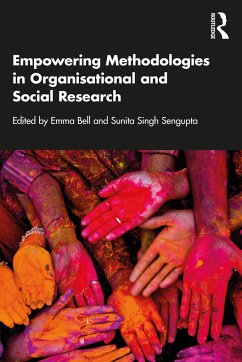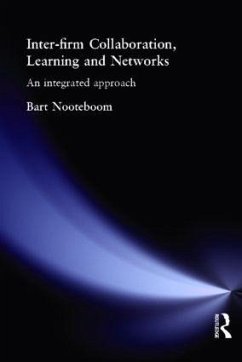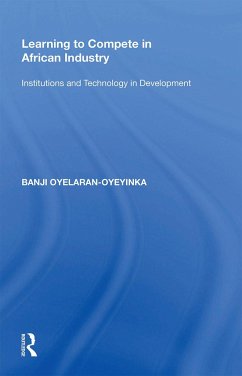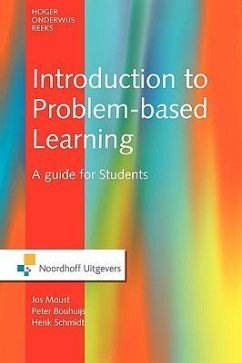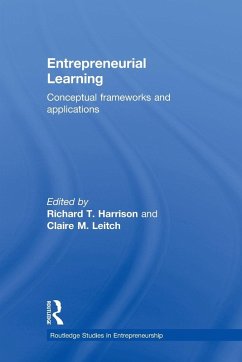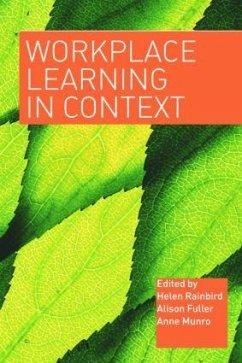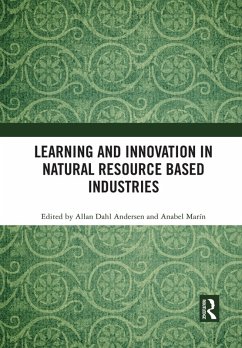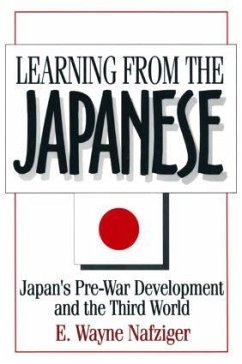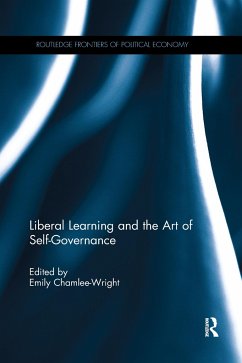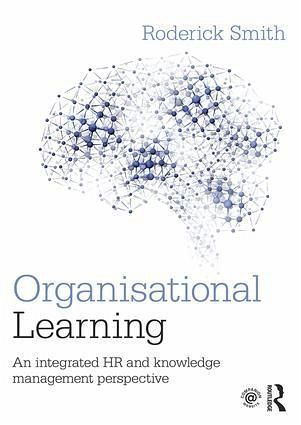
Organisational Learning
An integrated HR and knowledge management perspective
Versandkostenfrei!
Versandfertig in 1-2 Wochen
74,99 €
inkl. MwSt.
Weitere Ausgaben:

PAYBACK Punkte
37 °P sammeln!
Organizational Learning: An Integrated HR and Knowledge Management Perspective draws on a broad and multi-disciplinary base to look at the origins and practice of organizational learning. It critically considers the nature of organizational knowledge as a social construct; pedagogical issues around learning as individuals, groups, teams and whole organisations; and technological issues around the development of knowledge-based information systems. Supporting case studies are provided throughout the book, and readers will also benefit from a companion website which expands on the key themes of ...
Organizational Learning: An Integrated HR and Knowledge Management Perspective draws on a broad and multi-disciplinary base to look at the origins and practice of organizational learning. It critically considers the nature of organizational knowledge as a social construct; pedagogical issues around learning as individuals, groups, teams and whole organisations; and technological issues around the development of knowledge-based information systems. Supporting case studies are provided throughout the book, and readers will also benefit from a companion website which expands on the key themes of the text. Organizational Learning will enable readers to develop and implement strategies for ensuring long-term access to the embedded knowledge and experience of an organization. This textbook will be invaluable reading for undergraduate and postgraduate students on organizational learning, HRM and knowledge management courses.






